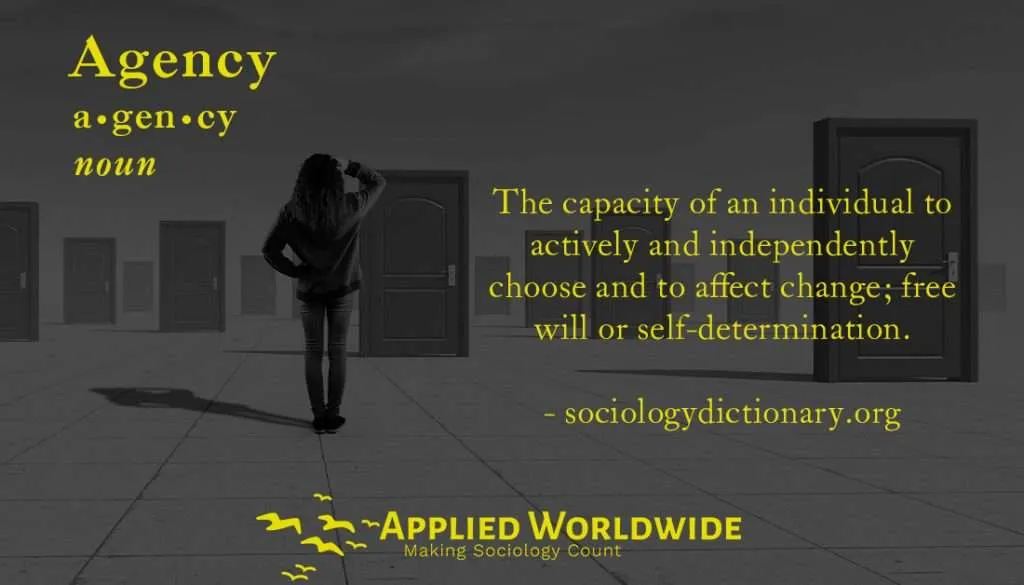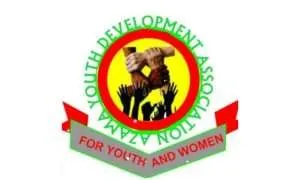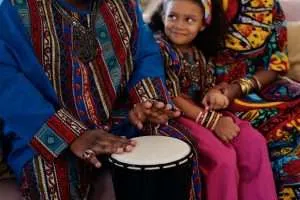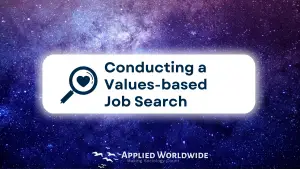Oftentimes life could be a shade of happiness and joy or sometimes sorrow and rejection, this is the true dynamism to give you a heads-up on what life is. According to the Oxford dictionary, “life is a state of living, the ability to breath, grow, reproduce among others,” but is that all there is to life? If we think of sociological principles of life from a life course perspective, then of course no.
Life begins at birth and the process keeps unleashing till the time of death. The journey through life can be likened to a sportsman on race, he keeps running from birth “race starting point” to growing up gradually and the race continues with different obstacles or “experiences” on the way. He may reach his winning point before handing the baton to the next racer, “his offspring,” or lose the race along the line to “death.” His experiences consist of celebrations, failures, happiness, and growth among others, all at different facets and times.
Life exists at different levels in which energy and materials are transformed. It is defined by the story it contains which invariably makes it a toolmaker, with humans as its tool and the universe as its workshop, where it uses humans as an unplanned experiment. For instance, a rich man sees life from a positive perspective because all bow at his feet, while a poor man assumes life isn’t worth living. But, can they both predict what life has in store for them come the nearest future? Of course no and that’s where life happens.
Five Sociological Principles of Life
In other words, life can be defined as a sequence of physical and mental experience which shapes us to whatever class we are. A bundle of accomplishment, failure, success, discovery, challenge, dilemma, disappointment, sadness, and victory, to mention but a few, and our reactions towards these occurrences are what constitutes our storyline. Life isn’t something we can plan successfully as it has a lot of surprises in store for us. What matters is evaluating the good and the bad times with the challenges to balance. And this brings us to the “life course perspective” by Glen H. Elder Jr in 1920. A sociologist who defined life based on five principles which are:
Lifespan Development
Lifespan Development makes us understand the fact that human development from birth to aging is a lifelong procedure.
Agency

Each individual is responsible for the kind of life he lives, the choices you make, the opportunities that comes your way, the social circumstances that shapes your interaction with others around you, you’re the architect of your life.
Time and Place
This states that each person’s life course is as a result of the historical times and places they experience during their lifetime.
Timing and Sociological Principles of Life
Life transition, growth, events, and attitudinal patterns all varies due to their timing in life.
Linked Lives
This states that, lives are lived interdependently and socio-historical aspects of it are determined by our relationships with others. No man lives alone, human being lives for each other hence the social interactions.
This is a sociological way of defining the truism of life as regards the context of culturally defined age categories of which people are expected to experience life from birth to death. The challenges one goes through when observed from a life course perspective constitute the person’s total amount of experience on existence which later influences their cultural and historical place in the world. Ranging from family life on who and when to marry, what profession to choose, which environment to live in, who to associate with, and lots more.
Reflections the Sociological Principles of Life
Growing up as a child, I’ve always had this thought that life would be all shades of beautiful experiences coupled with great pleasure. Seeing the ones you love every day, i.e family, making it a point of consideration for what life is. But, the pleasure was cut short when the true meaning of life hits me in the time I least expected. My dad left us for the other side of life when I was at the tender age of six, when I barely knew what he looked like.
Death is a great transition to another life entirely and we all shiver at the mention of it, but are incapable of its prevention. Life loses its meaning the moment you find that special someone who constitutes a reasonable amount to your happiness wanting and this was my case. I never knew the agony of being fatherless until I grew to a certain age and maturity sets in and life began to happen.
When I would watch my friend’s rapport with their dads and the stings will go deeper. The tender love a young girl deserves from her father wasn’t there and as such, life continues. Here and then, the questions keep running through my mind like why can’t this life be fair to all? Is true happiness restricted to some set of people or a certain age? This is why misery is the other name of life.
Finally, I realized the lasting solution to give meaning to life is to live for others by promoting love, peace and harmony at any angles we find ourselves and be ready to accept and make a positive use of whatever life tosses at us.







